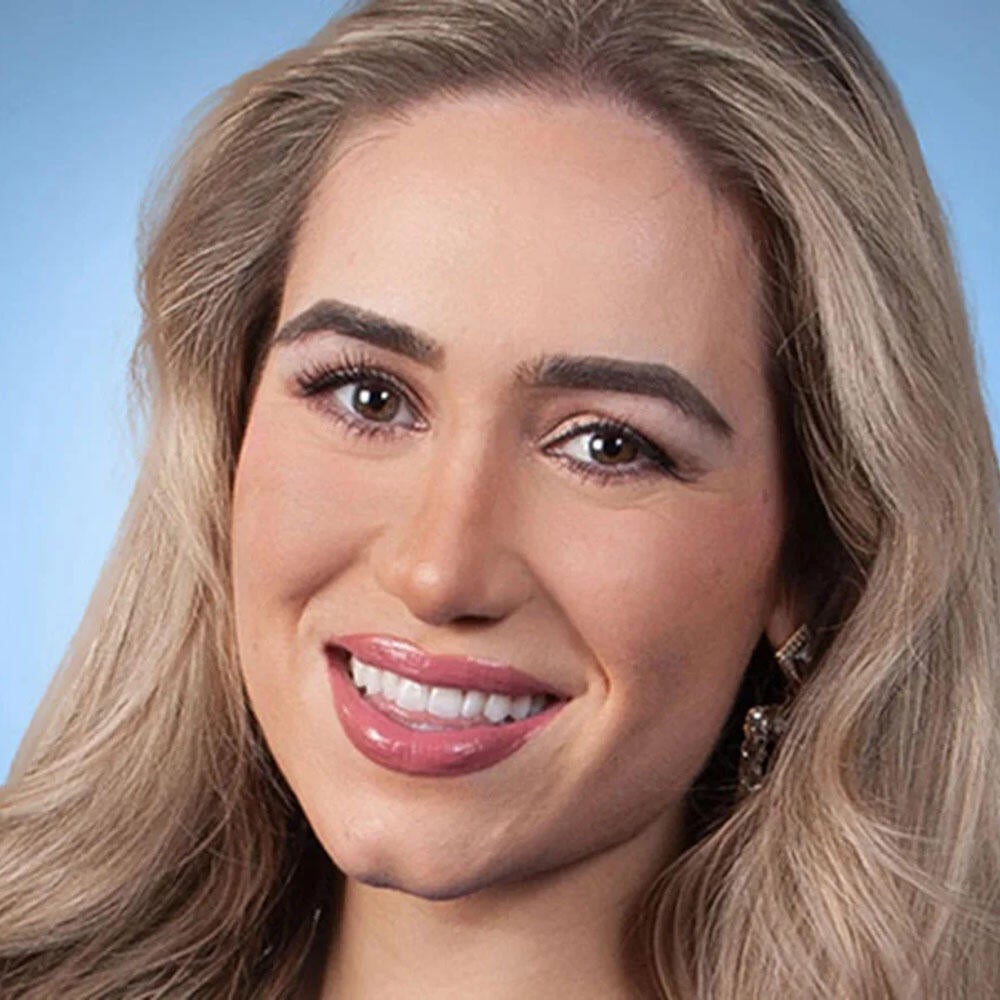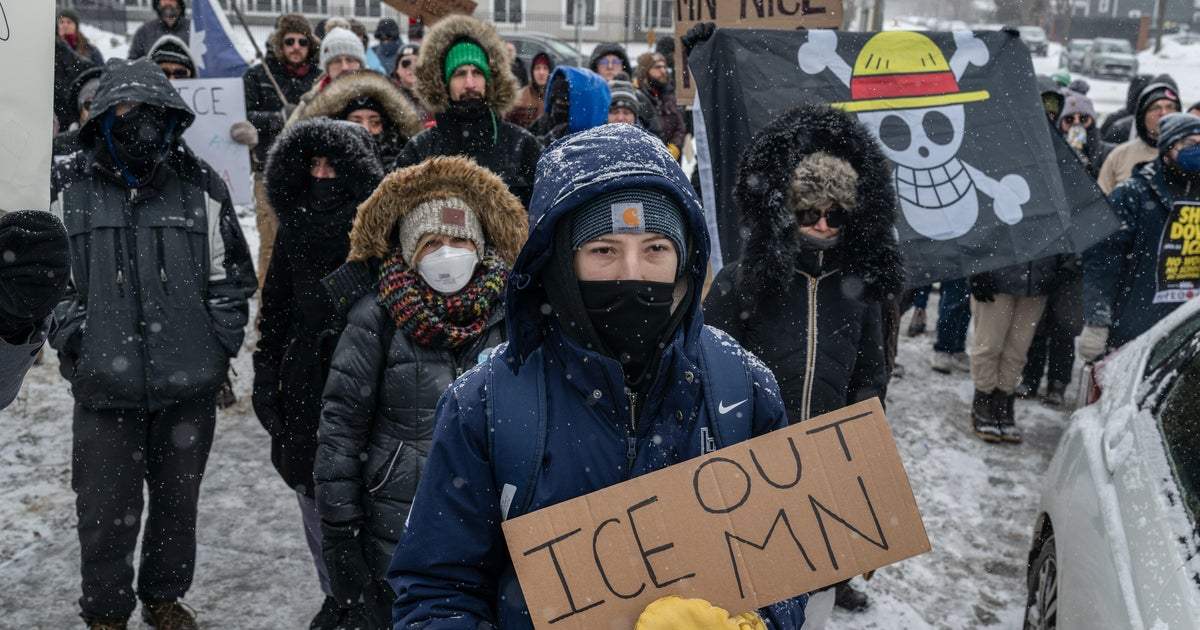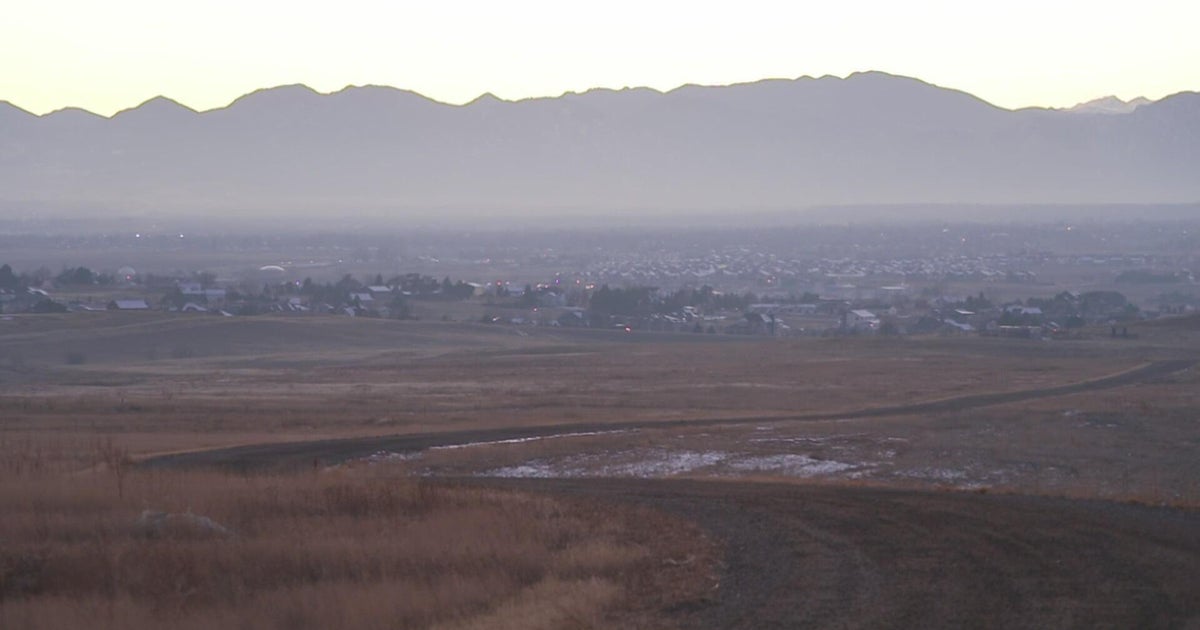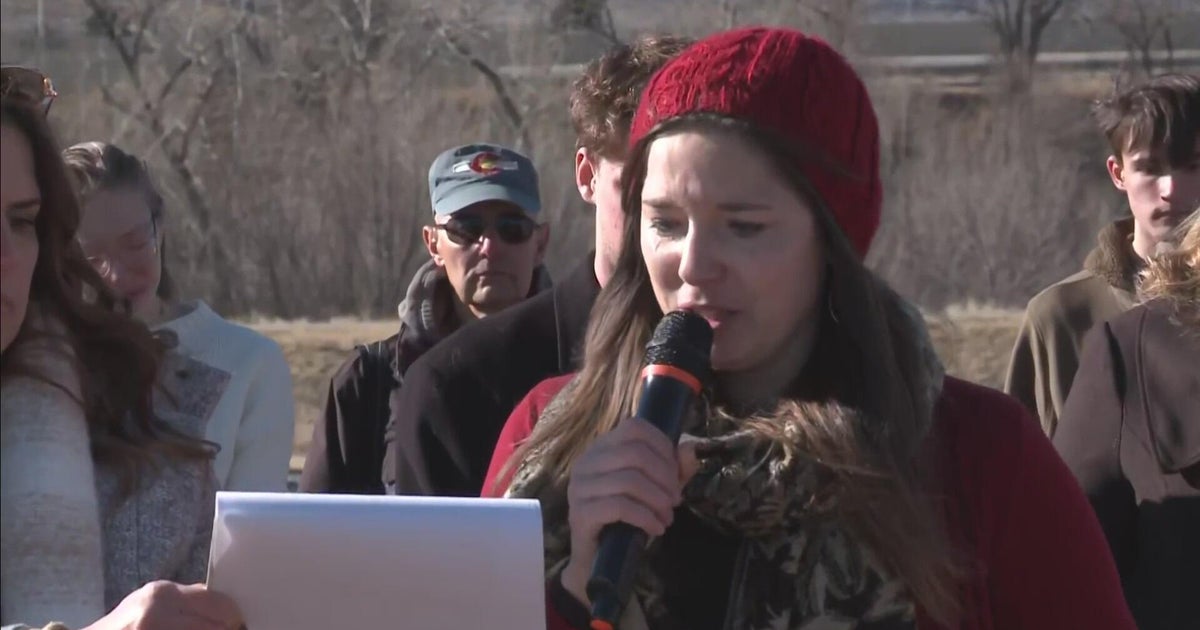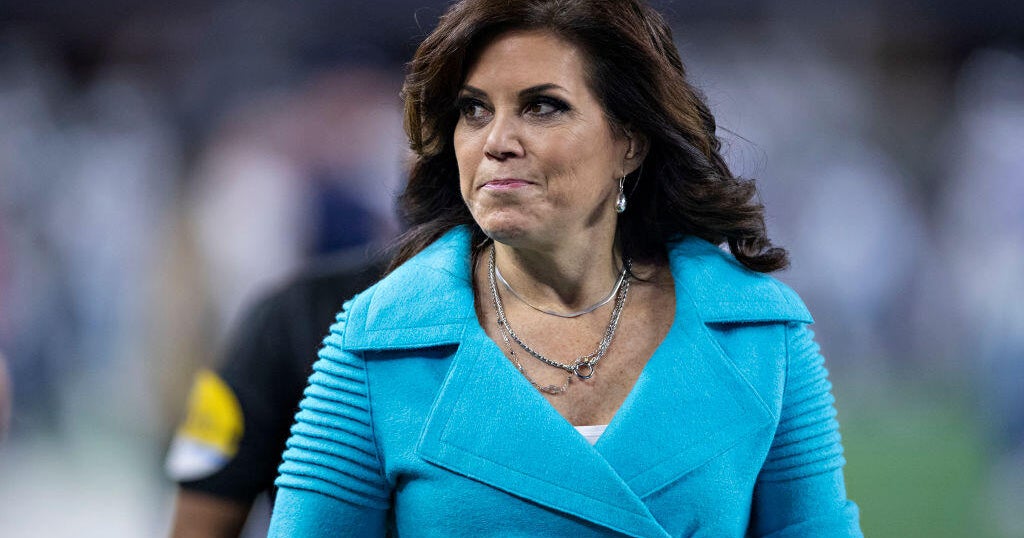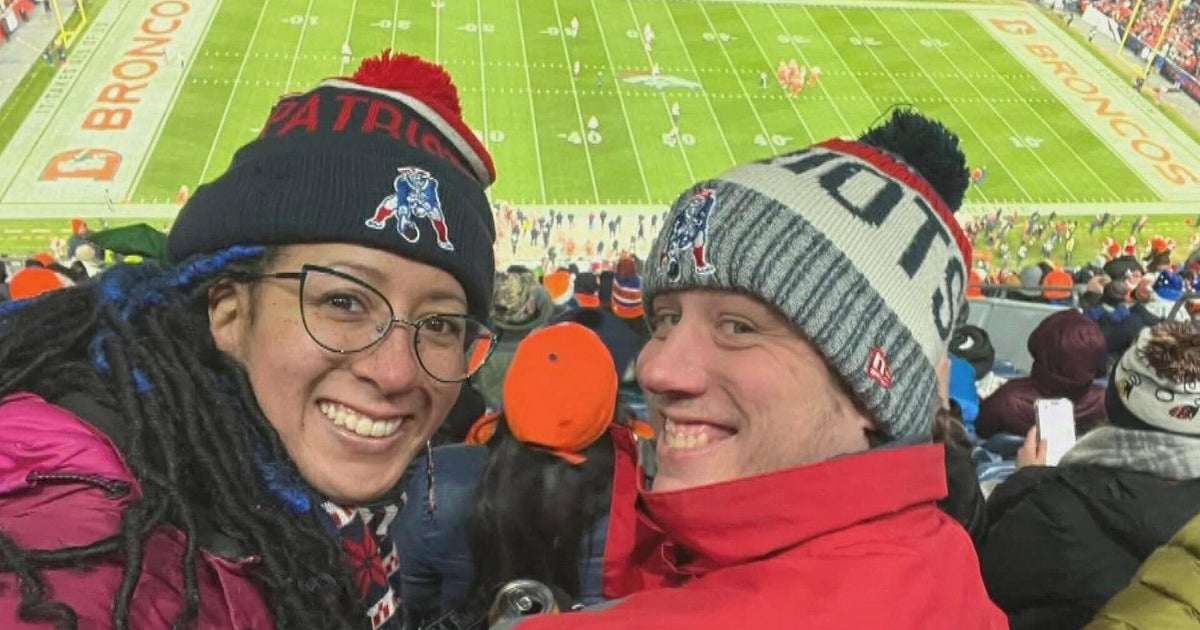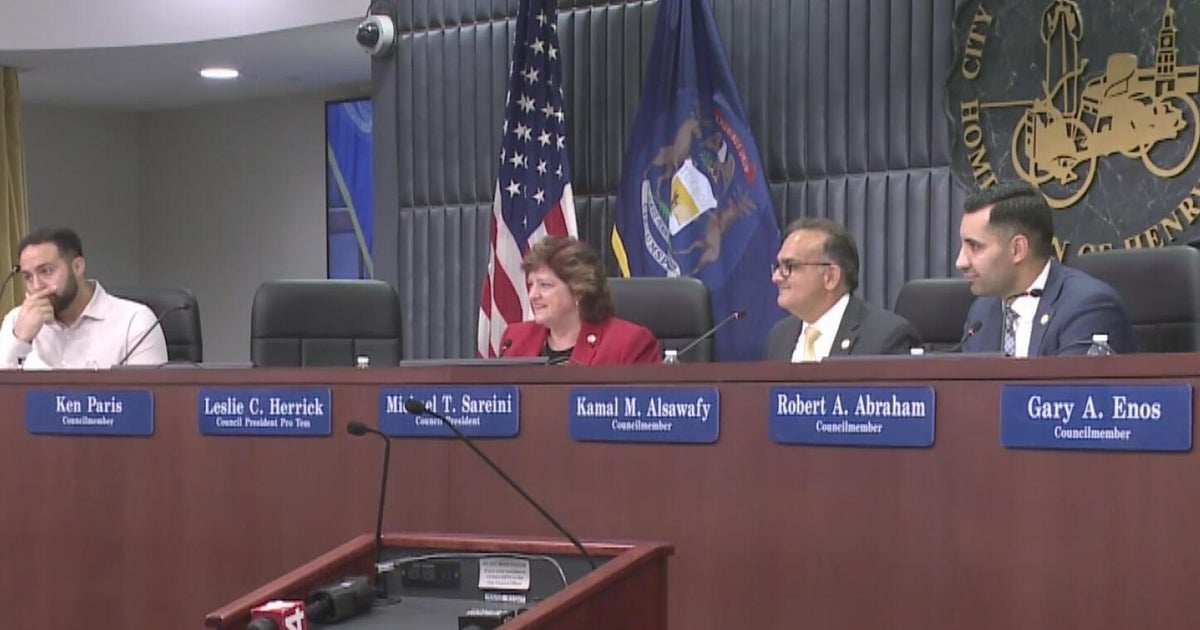Castle Rock explores lawsuit against Denver over migrant policies
The Castle Rock Town Council has voted unanimously to explore suing the city of Denver over its migrant policies, and other municipalities may join them.
According to the city, Denver has served more than 42,000 people from the southern border since December 2022. However, the arrivals are declining, with fewer than 160 newcomers in August.
Earlier this year, several counties filed a lawsuit against the state of Colorado and Gov. Jared Polis, challenging two state laws that prevent local governments from cooperating with federal immigration authorities.
Douglas, El Paso, Elbert, Garfield, Mesa and Rio Blanco counties are all part of that lawsuit. Now Castle Rock, Parker and even Aurora may take similar action.
Castle Rock Town Councilmember Max Brooks put forth the motion at a Sept. 3 town council meeting. His fellow council members voted to pass it. The motion directs Castle Rock's attorney to explore a lawsuit against Denver.
Brooks says Denver has had trouble housing the migrants and they are spilling over into neighboring communities.
"This isn't just a decision that Denver gets to make because it's impacting the rest of the Front Range. So the idea is to join with other municipalities and say it's time to stop," said Brooks.
Brooks says neighboring municipalities have already expressed interest in joining a potential lawsuit.
"Our town attorney's office has already had conversations with the county attorney with Douglas County, already had conversations with the city of Aurora, and also had conversations with the city of Parker," Brooks said.
It's too early to know what the lawsuit may entail or if Castle Rock would join the existing lawsuit against the state of Colorado.
"I don't want a dime from Denver, I just don't want them to continue to have a policy that is having a negative impact on the Front Range," Brooks said.
It's not clear how many, if any, newcomers are living in Douglas County.
"You don't wait until the hurricane is on you to board up your windows and leave town. We understand that there is a storm coming," Brooks said.
A recent post from the Douglas County Sheriff's Office announced the arrests of 11 car thieves and listed three of them as Venezuelan nationals. This led to widespread concern on social media.
"It is happening; we are having issues here in Douglas County. You know, we are having migrants come in here; there have been instances of crime," Brooks said.
Douglas County Sheriff Darren Weekly praised the efforts of his deputies and the Aurora Police Department in that two-month operation. He encourages residents to remain vigilant and report any suspicious activity immediately.
"We need the community's help to prevent crimes of opportunity. Lock your cars and your homes," Weekly said. "Some of these thieves are armed and dangerous. Do not confront them. Call 911. The last thing we want is for someone to get hurt."
One Castle Rock father told CBS News Colorado he's concerned about reports of activity from a criminal gang of some Venezuelans in Aurora and believes it could spill over into his community. He supports the town's decision to explore a lawsuit.
Previously, Douglas County resident Lynne Clements told CBS Colorado there didn't appear to be many migrants in the county and she didn't feel a lawsuit was necessary.
"We're the eighth richest county in the United States of America. I feel we have a moral obligation to be welcoming to people who may have come from a country that we have no idea about living in Douglas County," Clements said.
Clements said she believes the majority of migrants are refugees or asylum seekers coming to America for a better life.
Brooks says he is not labeling all migrants as criminals and that he has empathy for asylum seekers. He feels Denver has accepted too many migrants, leading to a humanitarian crisis.
"This isn't about labeling and saying the migrants need to be deported. It's not about that. It's about stopping and making sure we're not bringing in any more when obviously Denver is not able to handle what's already happened," Brooks said.
Brooks says the next step will be attorneys for interested towns and counties getting together and discussing their legal options. He says any other Colorado municipalities are welcome to join those conversations.
As of Saturday night, CBS Colorado had not heard back from the city of Denver on a request for comment.
